posted by Madame Bubby
I was dating a part time fireman in Milwaukee some time ago, and he made a comment that the gay guys in one bar should have gotten out more, rather than sitting inside said bar and listening to Judy Garland. (A rather ironic comment, I might say, as he spent 12 hours Saturday and Sunday inside bars himself, but he of course was better than listening to Judy.) Our romance was intense but ephemeral. He was, I found out via the internet many years later, after getting his dream job as a full-time fireman, arrested for drunk driving.
And some time ago, a former friend opera queen type decided to become an older gay “auntie” type and teach me Gay 101. I fit the opera queen stereotype, but he seemed put out that I showed very little interest in Broadway and the “older” female popular singers who were gay icons. And number one on that list was Judy. He bought me the CD Judy at Carnegie Hall. One could say I failed to understand its significance. I ended up giving it away. At that point, Judy’s significance for me was her role in The Wizard of Oz.
(And in that movie, I was more interested in Margaret Hamilton’s tour de force as the Wicked Witch of the West.) And of course I was supposed to think that Stonewall was caused by all those closeted “sweater” gays in tight trousers upset about the death of Judy Garland. (No, that was not the reason.)
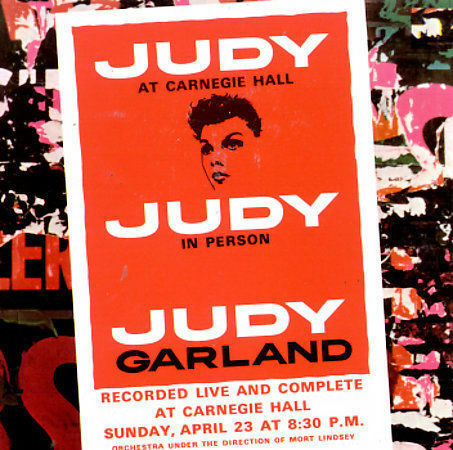
Fast forward many years later. The younger gays’ divas include figures such as Lady Gaga (significant because she starred in a remake of A Star Is Born, one of Judy’s most famous movies and performances) and someone named Lizzo (I found out about her only because I joined Twitter). I live in the past. Perhaps many younger gays are into Judy, Barbra, or even Ethel. Perhaps.
Perhaps. I admit I did go through a brief Ethel Merman phase about the time I failed to worship Judy, mostly because I was fascinated by the famous conductor Toscannini, after hearing her, saying she was a castrato. It was the voice.
And now my love affair with the female voice includes Judy, mostly because of one book and because of youtube. Henry Pleasants, the late great music critic, wrote a book The Great American Popular Singers, which I think managed to pierce to the beating heart of the matter (and in Judy case, that heart one could say ended up killing her more than the pills), when he reflected that she “had the most utterly natural vocal production … it was an open-throated, almost birdlike vocal production, clear, pure, resonant, innocent.”
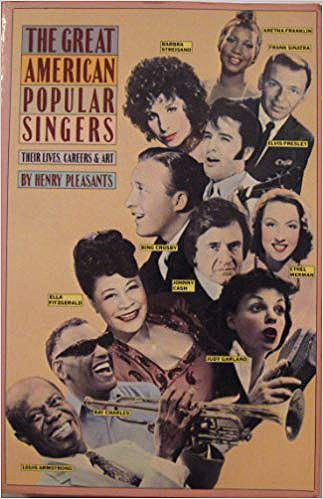
The innocence of what became her anthem of the heart, Somewhere Over the Rainbow, always remained inherent in all her performances: more than emotional honesty, more than the bond of love she experienced with her live audiences, gay and straight, that reached a type of apotheosis in that Carnegie Hall performance I have since listened to again and again in conjunction with youtube clips of the short-lived Judy Garland Show.
Judy, born with that immense talent, it’s true, never really experienced that idealized innocence as a child. (Who has, really?), according to the admittedly at times very depressing bios (the stage mother, the closeted gay father, the pills, the sexual harassment at MGM, all those men, yes, the gay and straight and bi husbands, in her life) I recently read. By the time she was 18, she experienced, suffered, more than what most persons experience in a lifetime.
Yet I think it’s too easy to get swept up in all the over the top, truly frightening personal drama of her life, because in her case, life and art aren’t mutually exclusive categories.
I now, perhaps because I’m in a different point in my life (yes, I’ve lived, lived, lived in my own way) can really hear the voice (I always appreciated the lustrous beauty of her lyric contralto in its prime), but now the art that in her case is organically a part of that voice. I thank youtube, because I was able to see and hear her performance of “Old Man River” on The Judy Garland Show.
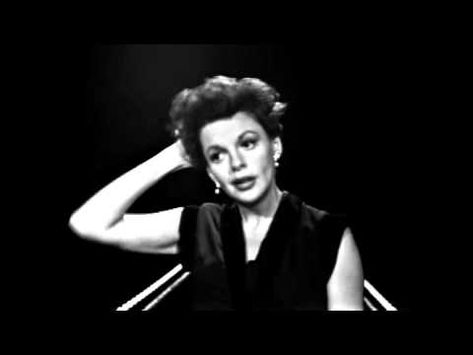
Give a listen. Take a look. She doesn’t just sell that song. She doesn’t just intuitively understand the style of that song which is often treated as an operatic aria or a piece of campy cultural appropriation. It’s her, and she’s doesn’t need, like some divas, all the glittery trappings which are now Instagram and other social medias to portray her image. She’s no illusion here. She is the song.
When she sings “land in jail,” it’s not a phrase to show off low chesty notes, sung in a melodramatic way. Just in those words is heartbreak, resignation, even a bit of wry humor, a twinge of hope that she’ll get out of jail, the river will keep rolling along, and just maybe, and in her case, tragically, she might herself find the elusive love over the rainbow.
She did find that love when she sang to her audiences. Or rather, when she is singing, because she still is.
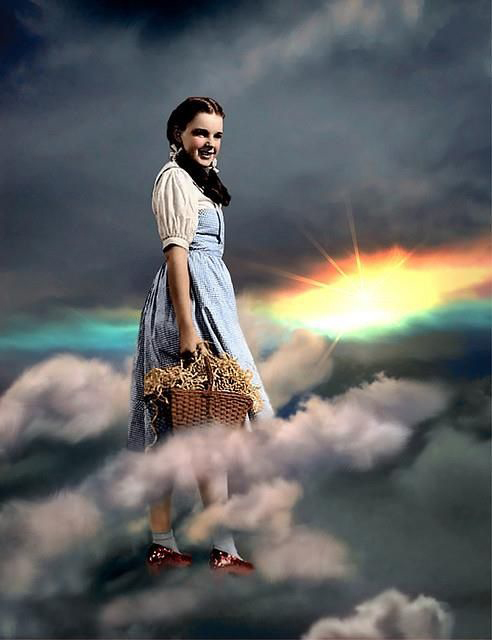
(P.S. I haven’t seen the movie with Renee Zwelleger, yet.)
Sources:
Anne Edwards, Judy Garland
Gerald Clarke, Get Happy: The Life of Judy Garland



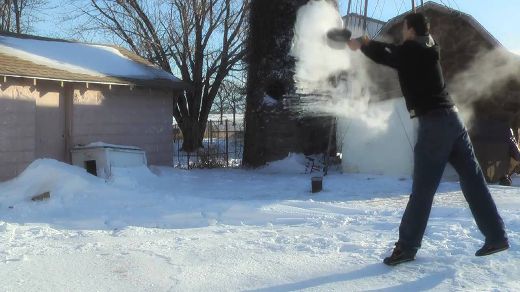
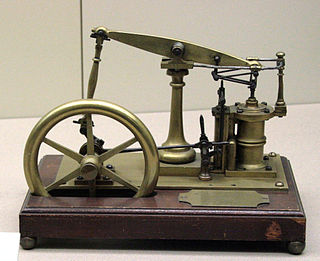
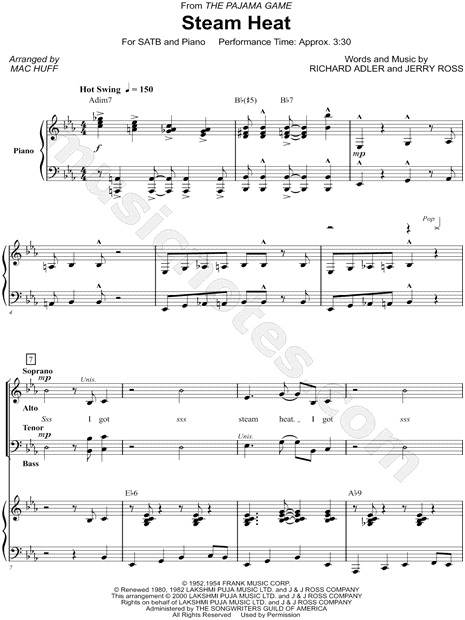
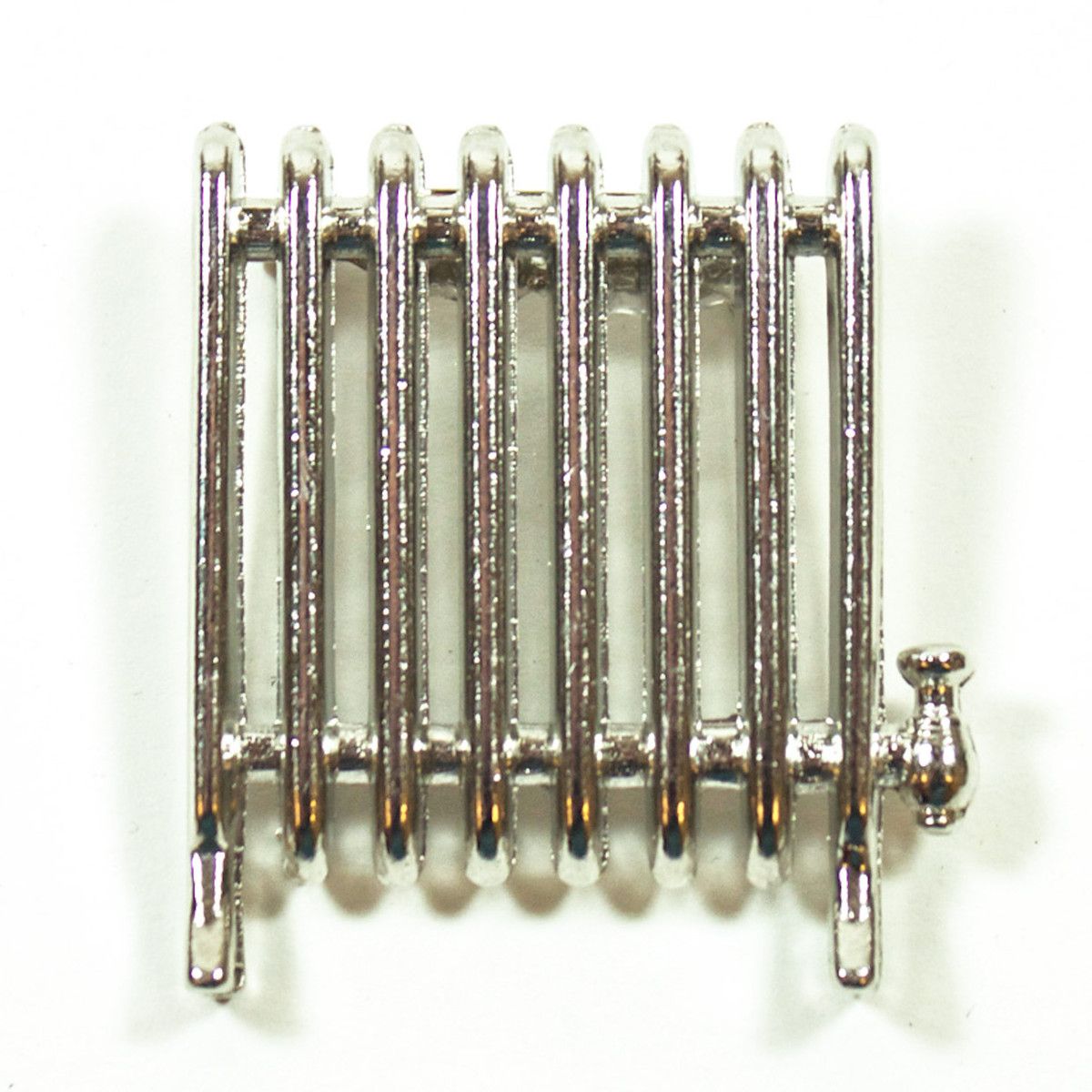
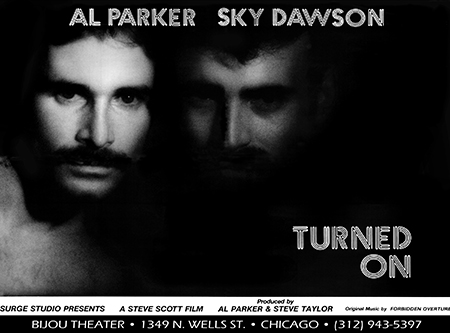
 Join our Email List
Join our Email List Like Us on Facebook
Like Us on Facebook Instagram
Instagram Youtube
Youtube Follow Us on Twitter
Follow Us on Twitter Follow us on Pinterest
Follow us on Pinterest